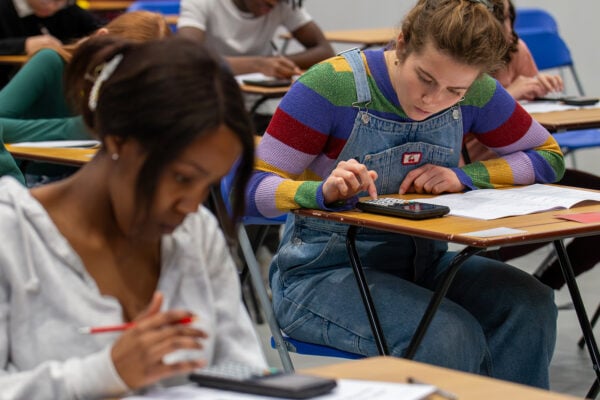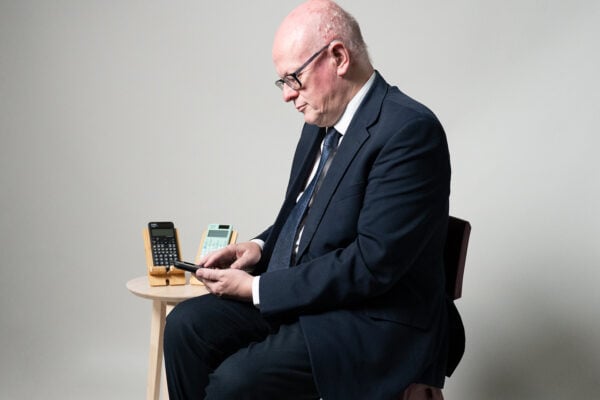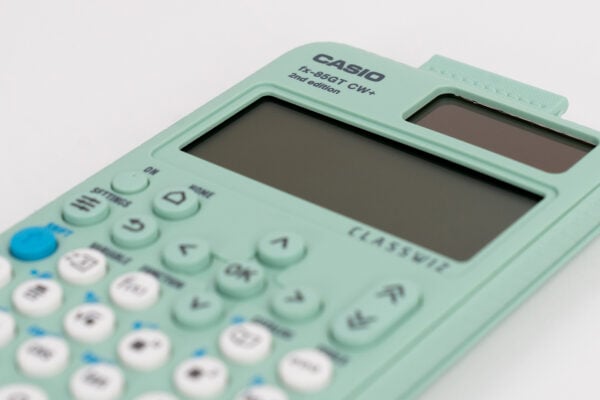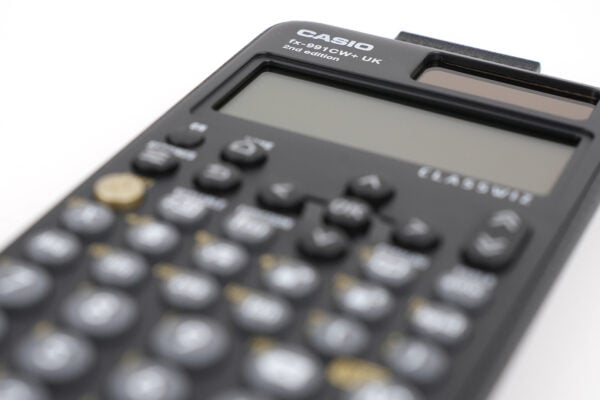Why Calculators Aren’t Just for Exams

Calculators Are an Essential Tool For The Classroom
Exams aren’t happening this year. But that doesn’t mean you can – or should – down tools.
Calculators aren’t everyday purchases, but they’re often bought with an exam in mind. This is true of both parents and students, but the usefulness of these brilliant little devices extends far beyond the exam room.
A 2015 study (aptly named Should primary school children be calculator aware or calculator beware?) found that calculators in the classroom:
- develop conceptual understanding;
- support and improve mental and written methods;
- stimulate dialogic talk;
- provide instant feedback; and
- help develop mathematical ideas.
It’s hard to argue with that, isn’t it? But let’s dig deeper into why calculators aren’t just for exams.
Look no further than math’s principles
The principles of math have never changed. Teachers are tasked with helping students understand the relationships between numbers and developing the ability to make quick, accurate calculations.
It’s all about logical thinking and problem solving, but it needs illustrating, be it on a whiteboard or via a device in the palm of your hand.
Calculators shouldn’t be the only tool used in maths lessons; they should complement every other teaching tool available. This is mainly because many maths lesson goals are conceptual; calculators should aid free thinking and encourage a more inquisitive mindset.
Aren’t calculators a crutch?
Not at all. No matter how scientific the calculator, the students still need to use their own will, judgement and creativity to solve the hardest equations.
What’s more, calculators that pack the latest technology (such as the FX-CG50) enable students to dig into far more complex mathematical problems.
Without calculators like the FX-CG50, students may never get to experience the depth of such problems. Compared to the old methods of rote learning and repetition, calculators are akin to a talented photographer’s lens – they don’t encourage laziness or a lack of application.
5 reasons the calculator belongs in the classroom
Calculators boost mathematical thinking and are capable of motivating students in the classroom, but we appreciate you might need some more convincing.
Here are five reasons calculators belong in the classroom.
- They encourage multiple strategies: potential solutions can be undertaken with or without a calculator and then checked against a different strategy.
- They encourage persistence: maths is hard, but calculators reward students with visual representations of their hard work – it’s addictive.
- They promote a positive attitude: problem-solving is something we encounter throughout our lives, and by using a calculator to solve a problem, students develop a positive attitude towards solving the next one.
- They overcome our own computational limitations: we’re only human, which is why the ability to lean on a calculator’s computing power to solve difficult challenges removes a key barrier to learning for many people.
- They speed up learning: calculators help students learn more quickly by increasing the number of complex problems that can be solved, leaving more time to learn how they were solved.
It’s been over forty years since the calculator was first introduced into the classroom. But that doesn’t mean the time before that was somehow more conducive to better learning.
This is why calculators are so important for learning. Students are surrounded by technology, and modern maths lessons encourage them to explore its limitations.



